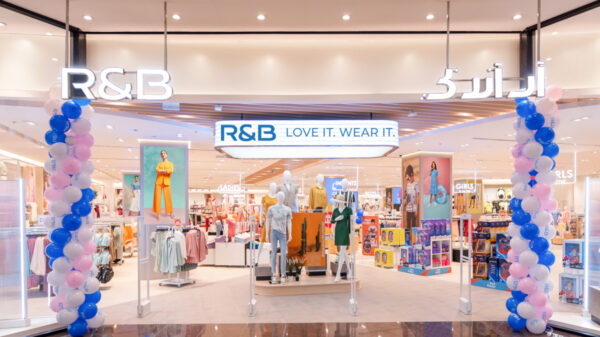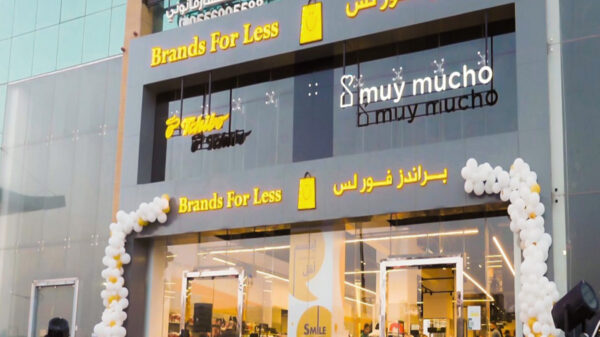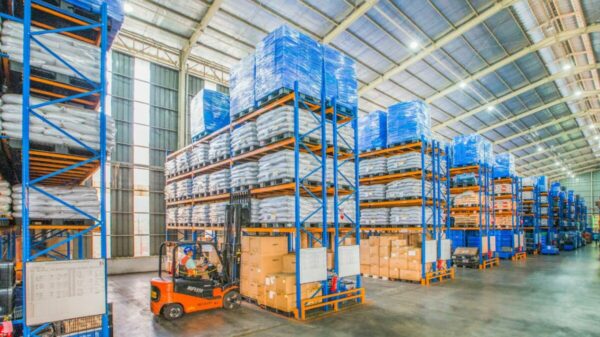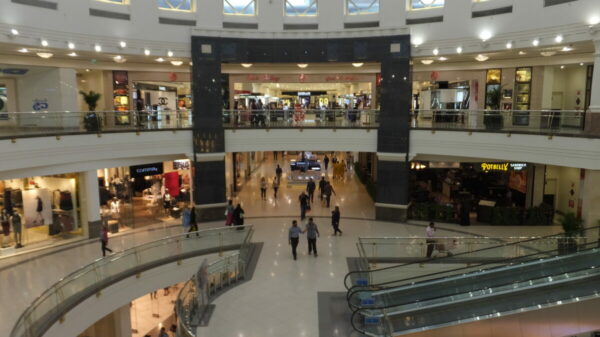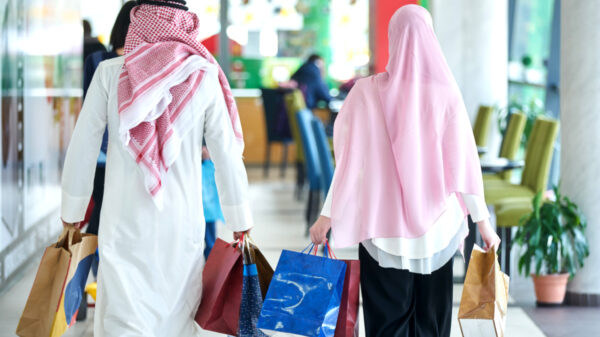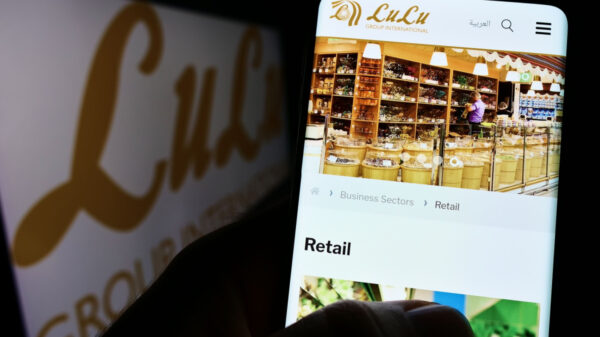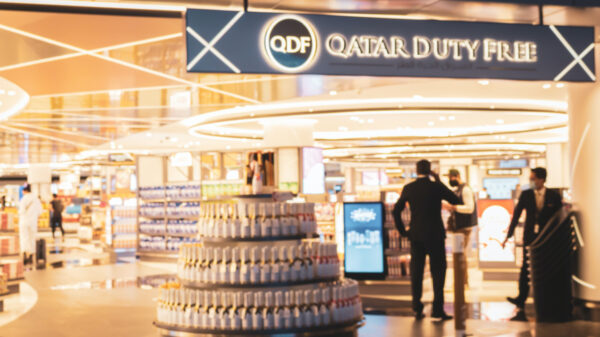The Middle East’s luxury retail has rebounded from slumps in sales amid the pandemic and will continue to rise, according to the Savills Global Luxury Retail report.
The report attributed the rebound to middle-class shoppers, with 75 per cent of shoppers classified as working-age individuals, and maturity of the Saudi Arabian luxury retail market.
Last year, Saudi Arabia saw increases in sales of high-end products, with more luxury brands seeking to establish a footprint in the country.
Saudi Arabian nationals are increasingly responsible for luxury retail, with close to 50 per cent purchasing high-end items when travelling.
The Kingdom’s luxury market is forecasted to amount to $22.2 billion by 2024, rising at a compound annual growth rate of 7.2% from 2019.
With the country seeking to grow its economy and tourism, its luxury market is expected to mature amid increased availability and sales of high-end products, said the report.
In addition, Dubai’s strong retail infrastructure and continual tourism rebound will drive continue to drive the local and regional luxury retail market, said the report.
Savills Global reported that residency visa options and accommodating business policies in the UAE continue to invite investments and luxury retailers to mark their entry into the Middle East’s market.
For instance, Belgian luxury house Delvaux recently opened in Dubai Mall.
Luxury retail sales in the UAE were also supplemented by 24 million visitors during the Expo 2020’s six-month run.
Also heavily contributing towards the region’s market is the growing luxury retail market in Qatar.
Doha’s latest luxury shopping centre, Place Vendome, welcomed numerous high-end brands, including Gucci, Prada, Dior, Valentino, Fendi, Bottega, Veneta and Loro Piana.
The report’s findings align with those of the Chalhoub Group’s GCC Personal Luxury in 2021: A Story of Early Recovery and Growth report.
The group valued the luxury market in the GCC at $9.7 billion last year, marking a 23 per cent increase from its $7.9 billion value in 2019 and a 42.6 per cent increase from its $6.8 billion value in 2020.
This market performance was partially thanks to regional consumers welcoming experimentation and widening their demand and collaborations between global brands and regional figures enticing more shoppers, said Patrick Chalhoub, group president of the Chalhoub Group.
Travel restrictions last year and brands widening their product ranges drove consumers to shop locally, with 60 per cent of luxury goods shopping done in the region and 40 per cent abroad.
The report projected that the luxury goods market will reach $11 billion by the end of next year, rising at a compound annual growth rate of seven per cent.

